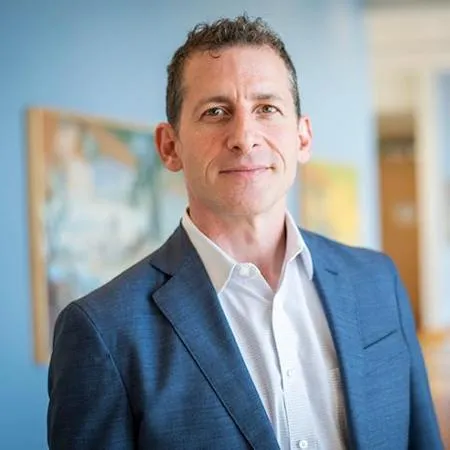Resource-conserving technologies provide the same level of services as status-quo technologies, but with fewer inputs. Examples include energy-efficient appliances, fuel-efficient vehicles and cook-stoves, water-efficient appliances and fixtures, and input-efficient (precision) agriculture and forestry. These technologies are widely promoted as cost-effective and politically-acceptable ways to achieve economic development and environmental objectives. Yet the arguments in favor of public programs to encourage the adoption of these resource-conserving technologies is based on incomplete models of human behavior. Proponents seem unaware that the impacts of adopting these technologies are theoretically ambiguous and empirically unsupported. In a drought-prone area of Central America and in collaboration with community water suppliers, Ferraro and colleagues ran a large-scale, randomized controlled field experiment to test the environmental and economic impacts of water-efficient technology adoption. He will present the results from this study, as well as a summary of some of his work to measure the environmental and social impacts of environmental interventions, and the environmental impacts of poverty alleviation.
Presenters

Paul Ferraro
Dr. Paul Ferraro is the Bloomberg Distinguished Professor of Business and Engineering at Johns Hopkins University. Paul has a joint faculty appointment in the Whiting School of Engineering and the Carey Business School. His research focuses on behavioral economics and the design and evaluation of environmental programs in the private and public sector. Because these research areas are multi-disciplinary and applied, he collaborates with scientists and engineers from a variety of social, natural and physical science disciplines, as well as practitioners in the field.

Paul Ferraro
Dr. Paul Ferraro is the Bloomberg Distinguished Professor of Business and Engineering at Johns Hopkins University. Paul has a joint faculty appointment in the Whiting School of Engineering and the Carey Business School. His research focuses on behavioral economics and the design and evaluation of environmental programs in the private and public sector. Because these research areas are multi-disciplinary and applied, he collaborates with scientists and engineers from a variety of social, natural and physical science disciplines, as well as practitioners in the field.